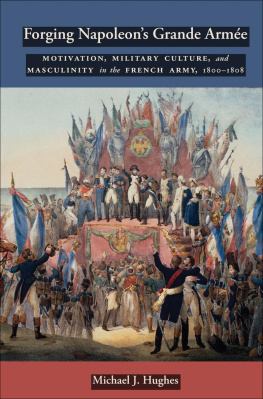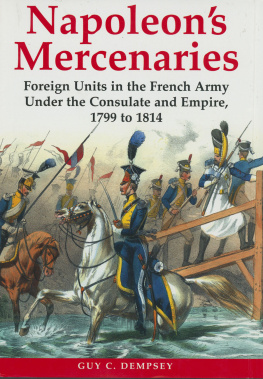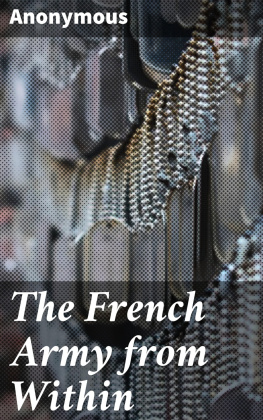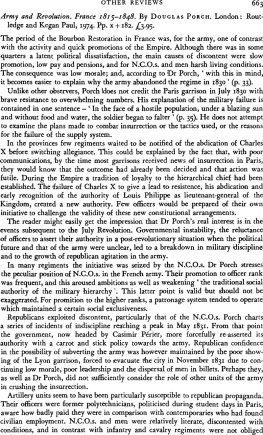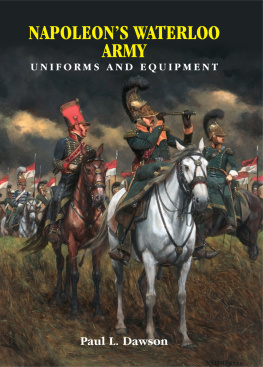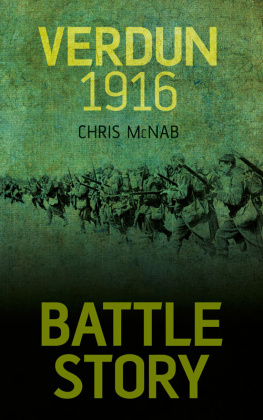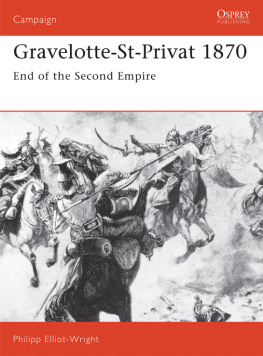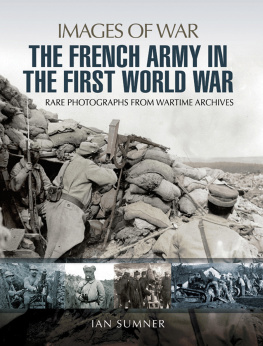Christopher J. Tozzi - Nationalizing Frances Army: Foreign, Black, and Jewish Troops in the French Military, 1715-1831
Here you can read online Christopher J. Tozzi - Nationalizing Frances Army: Foreign, Black, and Jewish Troops in the French Military, 1715-1831 full text of the book (entire story) in english for free. Download pdf and epub, get meaning, cover and reviews about this ebook. year: 2016, publisher: University of Virginia Press, genre: Politics. Description of the work, (preface) as well as reviews are available. Best literature library LitArk.com created for fans of good reading and offers a wide selection of genres:
Romance novel
Science fiction
Adventure
Detective
Science
History
Home and family
Prose
Art
Politics
Computer
Non-fiction
Religion
Business
Children
Humor
Choose a favorite category and find really read worthwhile books. Enjoy immersion in the world of imagination, feel the emotions of the characters or learn something new for yourself, make an fascinating discovery.

- Book:Nationalizing Frances Army: Foreign, Black, and Jewish Troops in the French Military, 1715-1831
- Author:
- Publisher:University of Virginia Press
- Genre:
- Year:2016
- Rating:4 / 5
- Favourites:Add to favourites
- Your mark:
Nationalizing Frances Army: Foreign, Black, and Jewish Troops in the French Military, 1715-1831: summary, description and annotation
We offer to read an annotation, description, summary or preface (depends on what the author of the book "Nationalizing Frances Army: Foreign, Black, and Jewish Troops in the French Military, 1715-1831" wrote himself). If you haven't found the necessary information about the book — write in the comments, we will try to find it.
Before the French Revolution, tens of thousands of foreigners served in Frances army. They included troops from not only all parts of Europe but also places as far away as Madagascar, West Africa, and New York City. Beginning in 1789, the French revolutionaries, driven by a new political ideology that placed the nation at the center of sovereignty, began aggressively purging the army of men they did not consider French, even if those troops supported the new regime. Such efforts proved much more difficult than the revolutionaries anticipated, however, owing to both their need for soldiers as France waged war against much of the rest of Europe and the difficulty of defining nationality cleanly at the dawn of the modern era. Napoleon later faced the same conundrums as he vacillated between policies favoring and rejecting foreigners from his army. It was not until the Bourbon Restoration, when the modern French Foreign Legion appeared, that the French state established an enduring policy on the place of foreigners within its armed forces.
By telling the story of Frances noncitizen soldierswho included men born abroad as well as Jews and blacks whose citizenship rights were subject to contestationChristopher Tozzi sheds new light on the roots of revolutionary Frances inability to integrate its national community despite the inclusionary promise of French republicanism. Drawing on a range of original, unpublished archival sources, Tozzi also highlights the linguistic, religious, cultural, and racial differences that Frances experiments with noncitizen soldiers introduced to eighteenth- and nineteenth-century French society.
Winner of the Walker Cowen Memorial Prize for an Outstanding Work of Scholarship in Eighteenth-Century Studies
Christopher J. Tozzi: author's other books
Who wrote Nationalizing Frances Army: Foreign, Black, and Jewish Troops in the French Military, 1715-1831? Find out the surname, the name of the author of the book and a list of all author's works by series.

